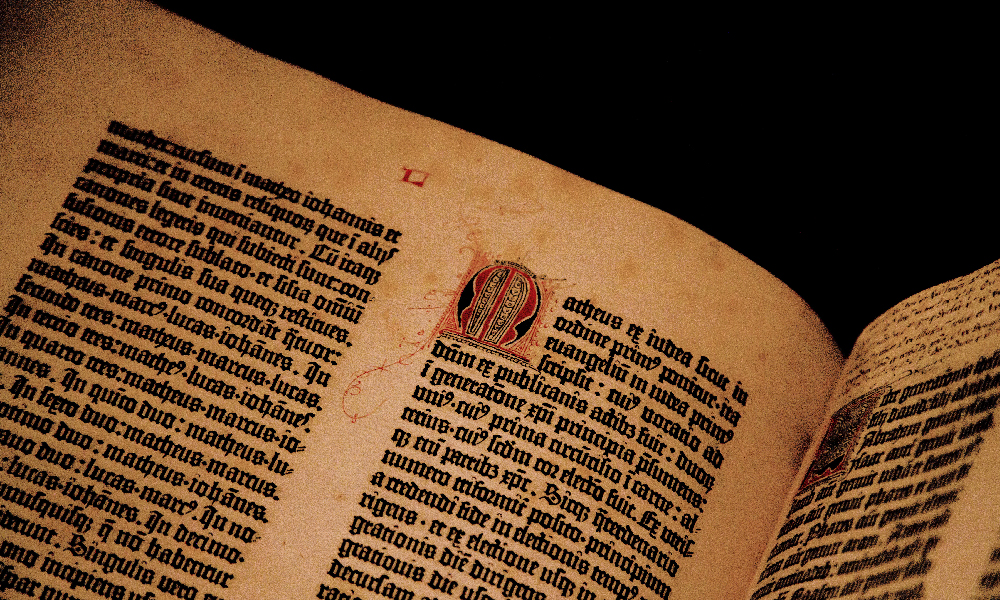
The hammer swung, hitting the nail with a mighty ring. It was October 31, 1517. Martin Luther’s Ninety-Five Theses now adorned the door of All Saints’ Church in Wittenberg, Germany. This document, written in Latin, served as an invitation for an academic disputation, a common occurrence amongst scholars. In it, Luther addressed his concerns over the selling of “indulgences,” through which people believed they could pay money for their sins to be forgiven. He believed only God could recognize true penitence.
[tweet_box design=”default” float=”none”]Martin Luther believed only God could recognize true penitence.[/tweet_box]
Luther’s assertions caused an uproar. Certain theologians felt their authority was being attacked. To clarify that he wasn’t denouncing anyone, Luther wrote, also in Latin, Explanations of the Disputation Concerning the Value of Indulgences, presenting a clearer view of his personal stance on indulgences, sacraments, faith, and justification.
As the situation snowballed, Luther grew increasingly fearful for his safety. The Grand Commissioner of Indulgences called for Luther to be burned for heresy. In an attempt to placate his opponents, Luther wrote, Sermon on Indulgences and Grace, which purposefully avoided challenging anyone’s authority. This time, he wrote in German, the language of his country. It was reprinted twenty times.

Sixty-two years had passed since Gutenberg invented the printing press. His first publication was the Latin Bible. However, except for academia and theology, Latin had been a dead language for nearly seven hundred years. Laymen spoke only the language of their country, yet church services and the Bible were both in Latin. When Luther published Sermon on Indulgences and Grace in German, an irreversible wave set in motion.
The Reformation had been sparked.
Luther, Tyndale, Zwingli, Calvin, and others played huge roles in translating the Bible into the languages of the people. Thanks to this, the growing popularity of the printing press, and a rapidly-increasing literacy rate, people were now gaining access to God’s Word in their own vernacular. Christianity exploded across Europe.
“How then shall they call on Him in whom they have not believed? and
how shall they believe in Him of whom they have not heard?
and how shall they hear without a preacher? . . . So then faith
cometh by hearing, and hearing by the Word of God.” Romans 10:14, 17
God calls each of us to “go ye therefore, and teach all nations” (Matthew 28:19). How can you follow the example these leaders set and put the Bible into the hands of those who don’t yet believe? Share your ideas in the comments below!
Jessie Chamberlain
Family Radio Staff
